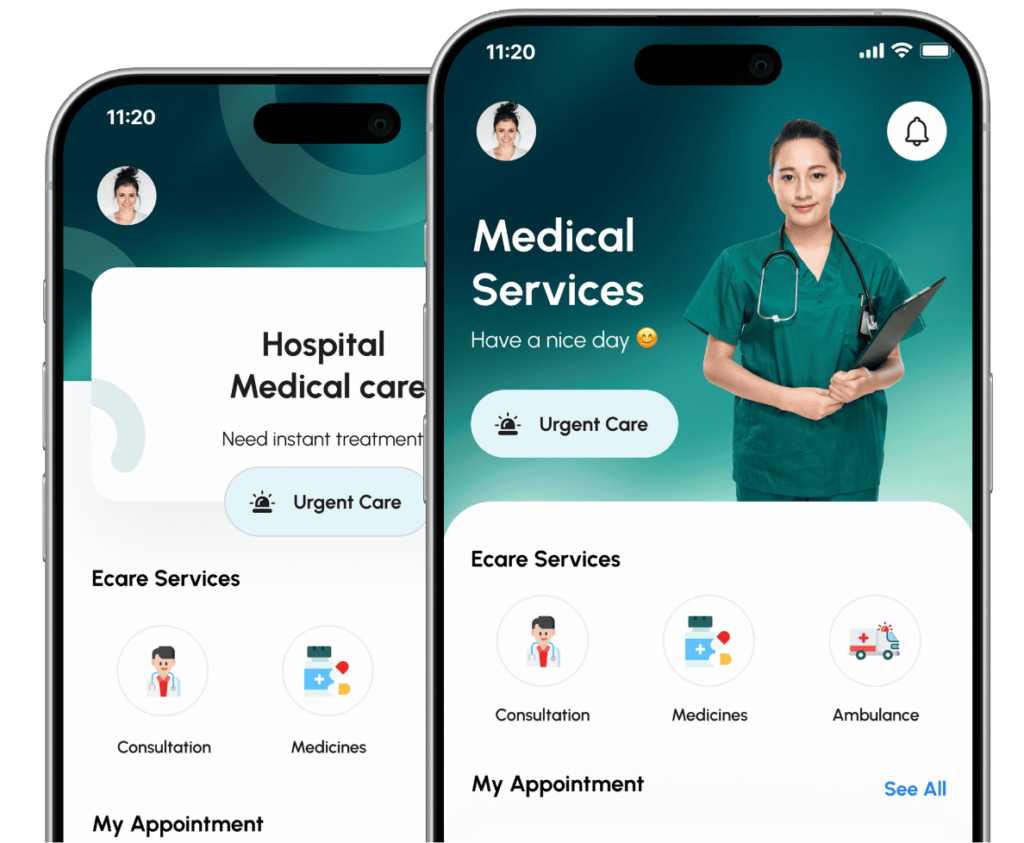Fatty liver disease is a growing global health concern that affects millions of people—many without their knowledge. In its early stages, this condition often presents no symptoms, making it difficult to detect until significant damage has occurred. If left untreated, fatty liver disease can lead to serious complications such as liver failure, cirrhosis, and even cardiovascular disease. As a medical professional, I frequently encounter patients who are unaware of the risks associated with this condition. Early diagnosis and lifestyle changes can make a tremendous difference in outcomes, which is why raising awareness is so important.
What Is Fatty Liver Disease?
Fatty liver disease occurs when fat accumulates in the liver cells. It is typically classified into two categories:
- Non-alcoholic fatty liver disease (NAFLD): This is the most common form and is not linked to alcohol consumption.
- Alcoholic fatty liver disease: This results from excessive alcohol intake and can progress more rapidly.
Both types can develop into more severe conditions such as non-alcoholic steatohepatitis (NASH), cirrhosis, and liver cancer if not managed effectively.
Risk Factors You Should Know
Certain lifestyle and metabolic factors increase your risk, including:
- Being overweight or obese
- Type 2 diabetes or insulin resistance
- High cholesterol or elevated triglycerides
- Physical inactivity
- Excessive alcohol consumption
Prevention Through Lifestyle
The positive news is that fatty liver disease is often preventable—and in many cases, reversible—through straightforward lifestyle modifications. These include:
- Eating a balanced, nutrient-rich diet low in processed sugars and saturated fats
- Incorporating regular physical activity into your routine
- Limiting or avoiding alcohol consumption
- Maintaining a healthy weight
- Monitoring and managing blood sugar and cholesterol levels
Treatment and Management
If you’ve been diagnosed with fatty liver disease, there are several steps you can take to manage and potentially reverse it:
- Lifestyle changes remain the cornerstone of treatment
- Your doctor may recommend medications to manage related conditions like diabetes or high cholesterol
- Nutritional counseling and regular monitoring of liver function are often advised
Take Charge of Your Liver Health
Fatty liver disease often goes unnoticed until it’s too late. Whether your goal is prevention or reversal, being informed is your best defense. I encourage you to be proactive—schedule routine health checkups, maintain a liver-friendly lifestyle, and don’t ignore the signs your body may be giving you.
To learn more, watch my video on this topic, where I explain in detail the causes, risks, prevention strategies, and treatment options for fatty liver disease. [ Why Fatty Liver is More Dangerous Than You Think – And How to Prevent It | Dr.Nishant Kurian ]
Committed to your long-term health and well-being






